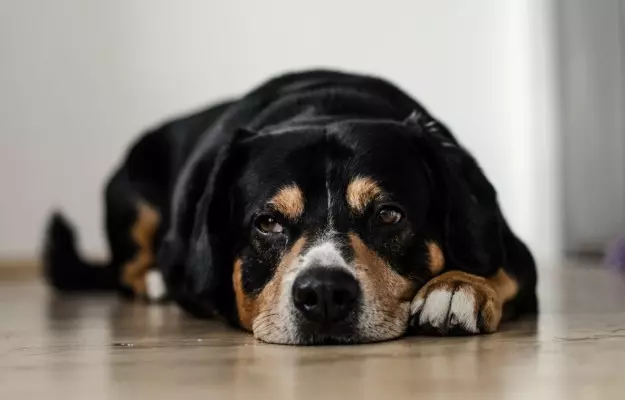It can be distressing when a pet won’t eat its food. Inappetance, or anorexia if the dog is not eating at all, can signal underlying conditions that need to be addressed expediently. Given that our dogs usually munch down the food we give them and are usually hungry animals, a disruption should be treated with concern.
There can be a number of reasons your dog isn’t eating - both psychological and pathological - and the degree and duration also varies. In uncomplicated issues, appetite may decrease slightly for a couple of days. This could be a mild gastrointestinal issue or precipitated by a change in the environment or other stressors such as the absence of an owner. It could also be that your dog is not fond of the food that you are providing; usually something tasty and less dry can act like a buffer and encourage the dog to eat.
If you notice that your dog’s appetite has gradually been on the wane and there are accompanying symptoms, you must visit your vet. Weight loss of more than five percent of its body weight is likely to be caused by an underlying health condition. If your dog is also rejecting water, is generally lethargic and displaying other signs of distress, then it is cause for concern.
Owners notice something amiss when a pet turns its nose up to food. While it is indeed an unwelcome situation, prompt attention will drastically improve prognosis.











